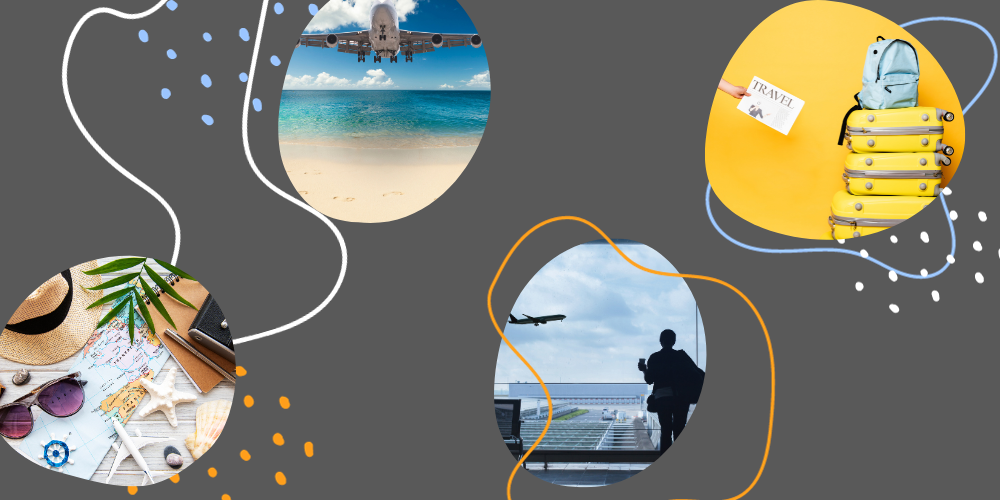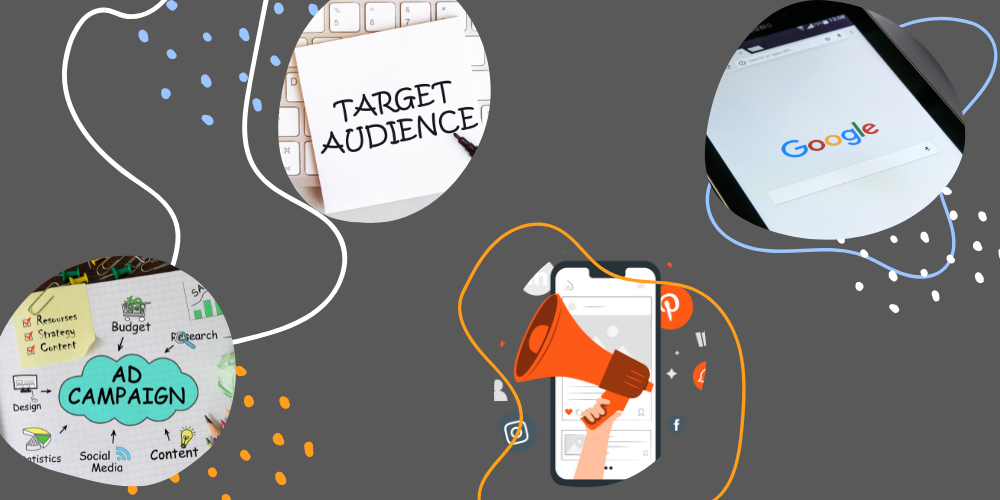The travel industry is highly competitive, with countless businesses vying for the attention of potential travellers. In order to stand out and achieve success, it is crucial for businesses in the travel industry to have a strong marketing strategy in place. This includes leveraging Search Engine Optimization (SEO) techniques and maximising the potential of social media channels.
Why is marketing important in the travel industry?
Marketing is the backbone of any successful business, and the travel industry is no exception. With the rise of online travel booking platforms and the abundance of choices available, travellers have become more selective in their choices. Effective marketing enables travel companies to:
- Increase brand visibility and awareness
- Build trust and credibility among potential travellers
- Showcase unique selling points and differentiate from competitors
- Drive website traffic and generate leads
- Ultimately, increase bookings and revenue
Leveraging the power of SEO
When it comes to online marketing, SEO plays a crucial role in driving organic traffic to your website. Here are some key strategies to consider:
1. Conduct keyword research
Identify the keywords that potential travellers are using to search for destinations, accommodations, and attractions. This will help you discover relevant keywords to incorporate into your website content, blog posts and meta tags.
2. Optimise your website structure
Make sure that your website is easy to navigate and user-friendly. A well-designed website structure helps search engines index your pages more effectively, increasing your chances of appearing in relevant search results.
3. Create high-quality content
Content is king in the world of SEO. Develop compelling, informative and engaging content that addresses the needs and interests of your target audience. This could include destination guides, travel tips, hotel reviews and more.
4. Build high-quality backlinks
Backlinks from reputable and relevant websites play a significant role in SEO. Implement a backlink building strategy by reaching out to industry influencers, collaborating with travel bloggers, and submitting guest posts to authoritative websites.
Unleashing the power of social media
Social media has revolutionised the way businesses interact with their customers, and the travel industry is no exception. Here are some tips for maximising the potential of social media channels:
1. Determine the right platforms
Identify the social media platforms that are most popular among your target audience. While Facebook and Instagram are widely used for travel-related content, platforms like Pinterest and YouTube can also be valuable depending on your target demographic.
2. Establish a consistent brand identity
Consistency is key when it comes to branding. Develop a unique visual style and tone of voice that reflects your brand values and resonates with your target audience. Use consistent branding elements across all social media channels to create a cohesive experience.
3. Engage with your audience
Social media is a powerful tool for building relationships with your audience. Respond to comments and messages promptly, engage in conversations, and encourage user-generated content. This not only builds brand loyalty but also creates a community of travel enthusiasts.
4. Share visually appealing content
Travel is extremely visual and social media thrives on visual content. Invest in high-quality photos and videos to showcase destinations, experiences and accommodations. Make sure to grab your audience’s attention and that your visuals are shareable and optimised for each platform.
Integrating SEO and social media
To unleash the full potential of your travel industry marketing strategy, it is important to integrate your SEO and social media efforts. Here are some ways to do it:
- Optimise your social media profiles by including relevant keywords and links to your website
- Share your blog content on social media platforms to drive traffic and increase exposure
- Encourage sharing of your website content by incorporating social sharing buttons and widgets
- Use social media listening tools to identify trending topics and keywords, then incorporate them into your content strategy
Exploring PPC Marketing and Hotel Ads on Google Ads
As well as SEO and social media, Pay-Per-Click (PPC) marketing is another powerful tool that travel companies can utilise to maximise their marketing efforts.
Here are some of the benefits:
- Immediate visibility: PPC ads appear at the top of search engine results, ensuring immediate visibility for your business. This can increase brand exposure and drive relevant traffic to your website.
- Targeted advertising: With PPC marketing, you have the ability to target specific keywords, locations, and demographics. This allows you to reach potential travellers who are actively searching for travel-related information or looking to book accommodation.
- Flexible budgeting: PPC campaigns can be tailored to fit any budget. You have control over how much you want to spend and can set daily or monthly limits. This flexibility ensures that your advertising budget is used effectively and efficiently.
Hotel Campaigns on Google Ads
Google Ads offers a specialised feature known as Hotel Campaigns, specifically designed for the travel industry. Hotel Campaigns allow travel companies to display their listings alongside search results when users are looking for hotels in a particular location. Here are some of the key advantages:
1. Visual and informative listings
Hotel Campaigns provide users with visually appealing and informative listings, showcasing details such as prices, availability, ratings, and even images of the hotel’s interior and amenities. This helps potential travellers make well-informed decisions and increases the likelihood of conversions.
2. Direct booking options
Users are provided with a direct booking option, allowing users to complete their hotel reservation without leaving the Google search results page. This streamlines the booking process, increasing convenience and potentially boosting conversion rates.
3. Increased visibility on different devices
Hotel Campaigns are specifically optimised for various devices, including desktops, mobile phones, and tablets. With the significant rise in mobile usage for travel-related searches, having your hotel listed on Google Ads ensures maximum visibility across multiple platforms.
4. Enhanced targeting capabilities
Google Ads provides sophisticated targeting options to help you reach your desired audience. Hotel Campaigns allow you to target specific locations, dates, and other relevant demographics, ensuring your ads are displayed to users who are most likely to convert.
Conclusion
In today’s competitive travel industry, effective marketing is crucial for success. By leveraging SEO techniques, maximising social media channels and utilising PPC marketing, travel companies can increase brand visibility, drive website traffic, build trust with potential travellers, and ultimately boost bookings and revenue. By implementing the tips provided in this blog, you can unlock the secrets of success in travel industry marketing and position your business for growth in a crowded marketplace.




